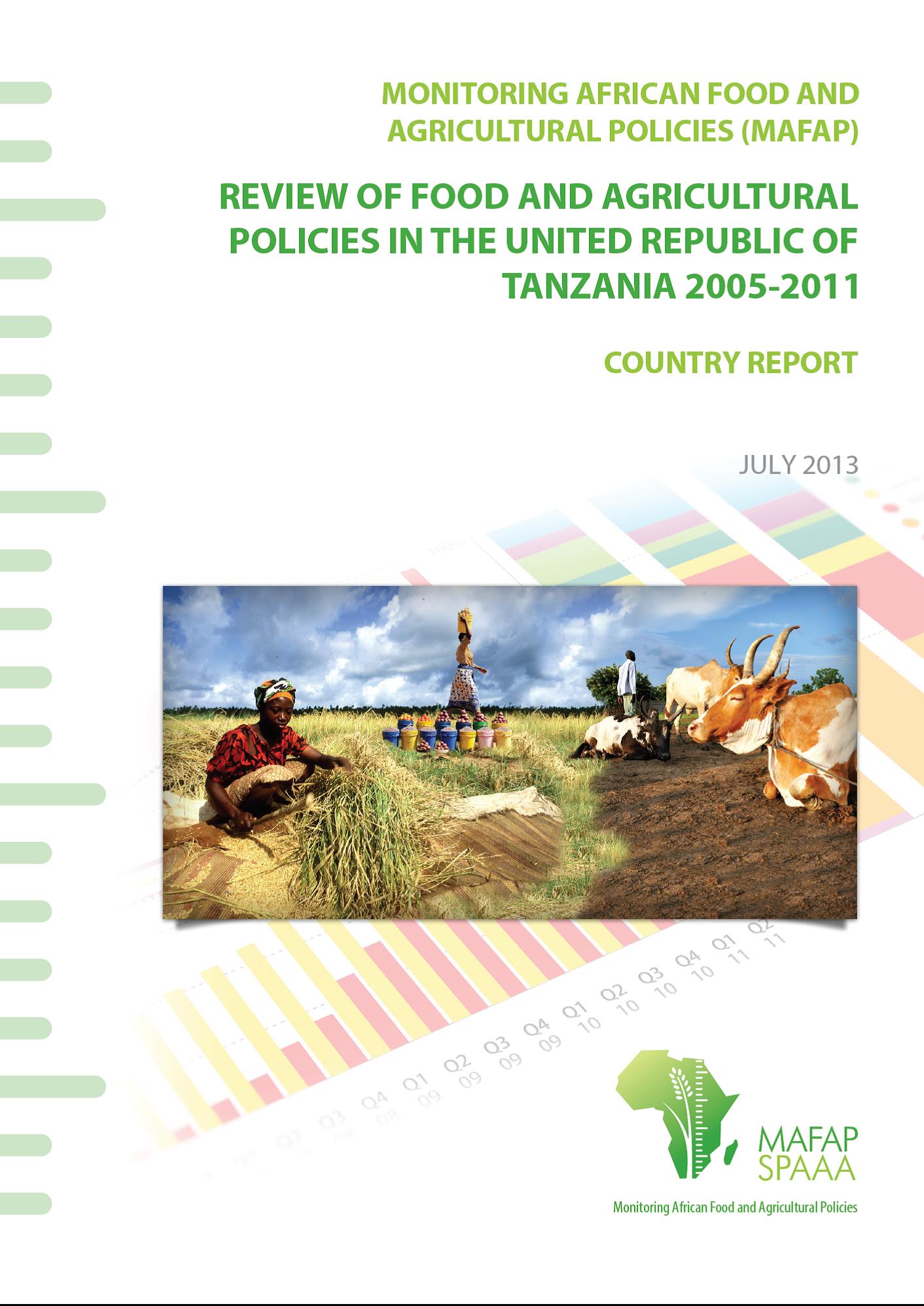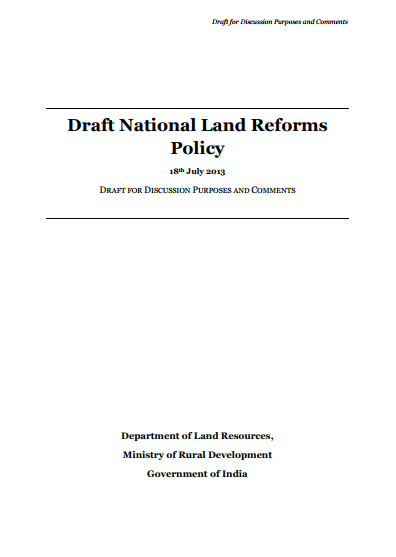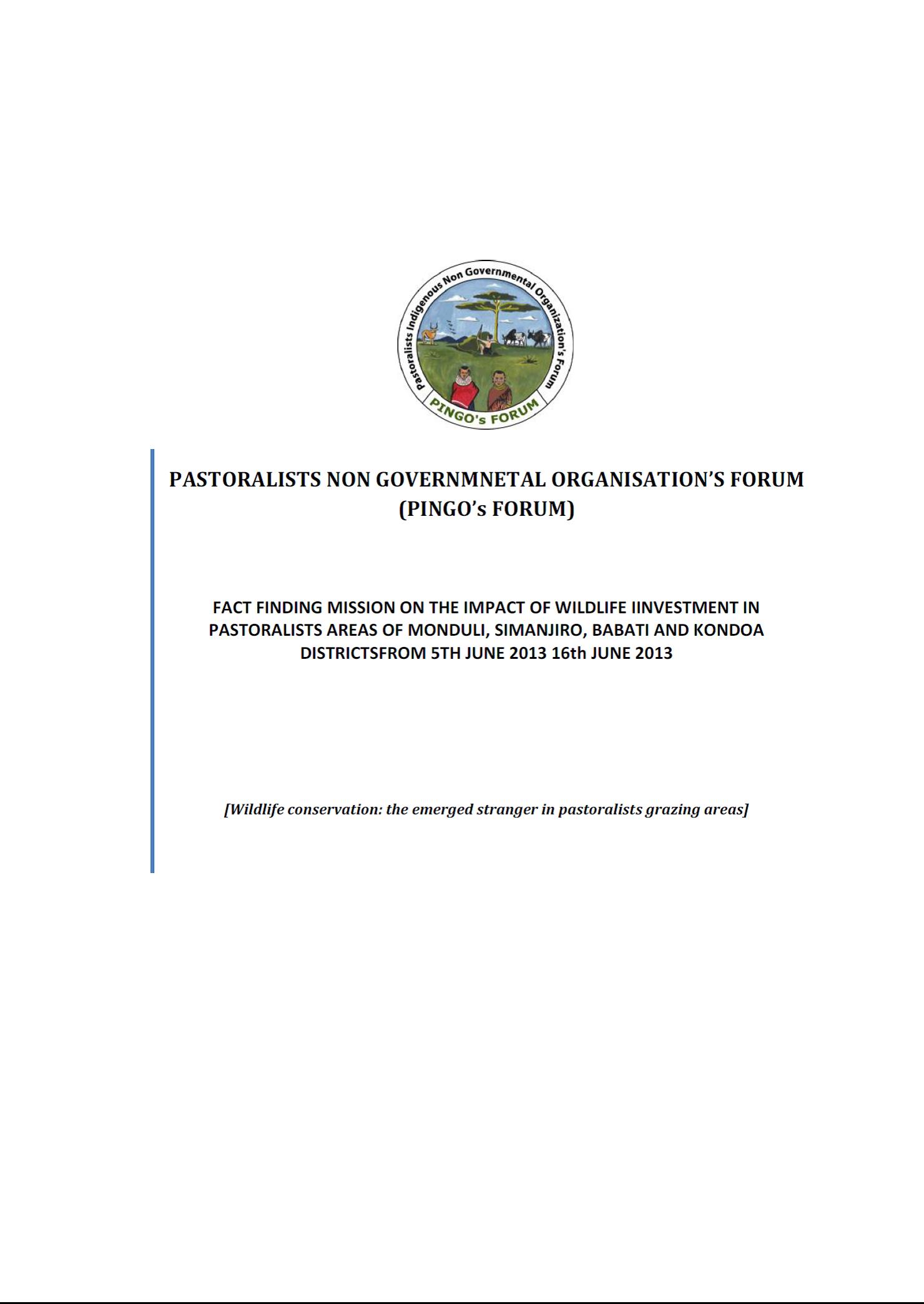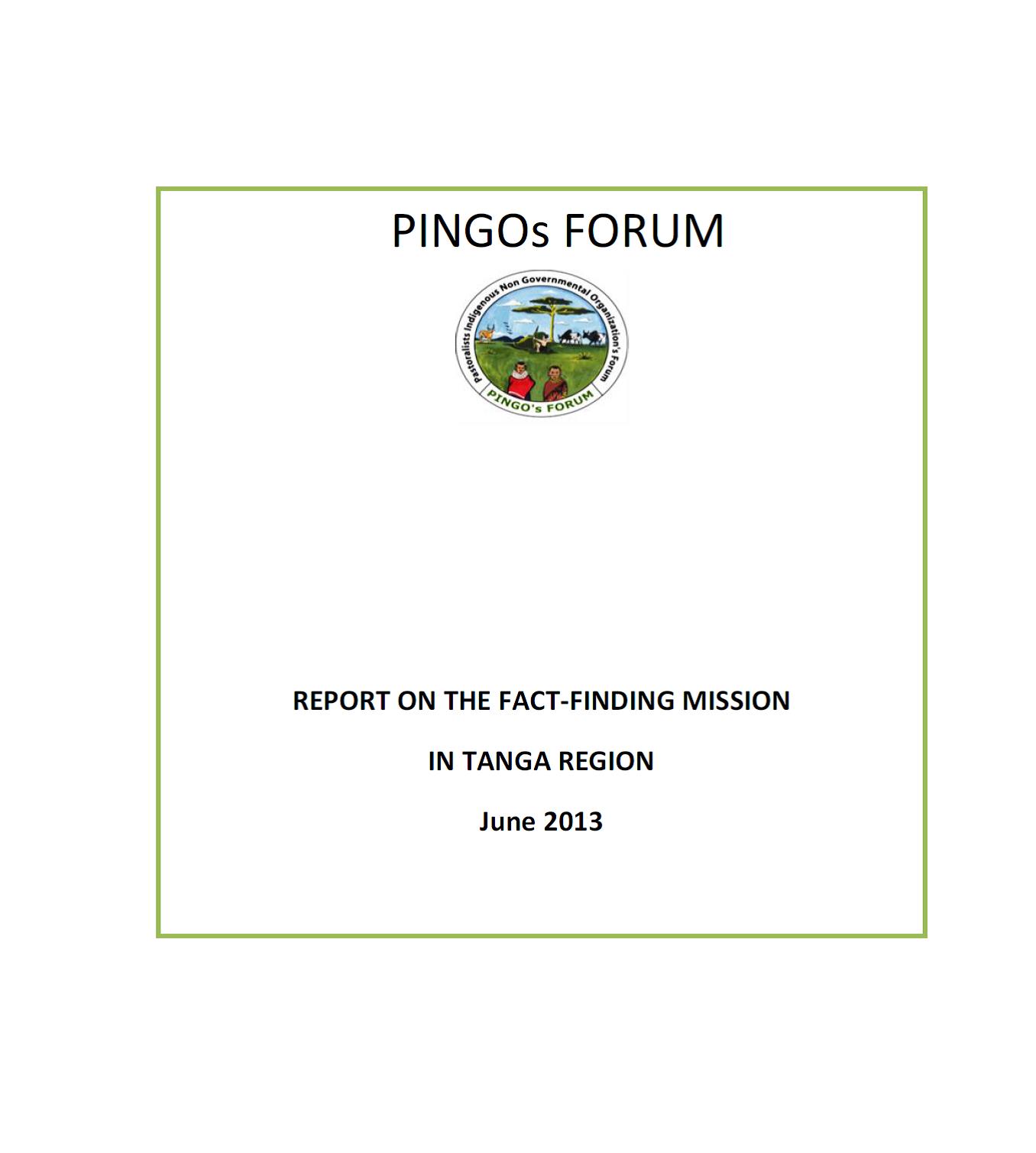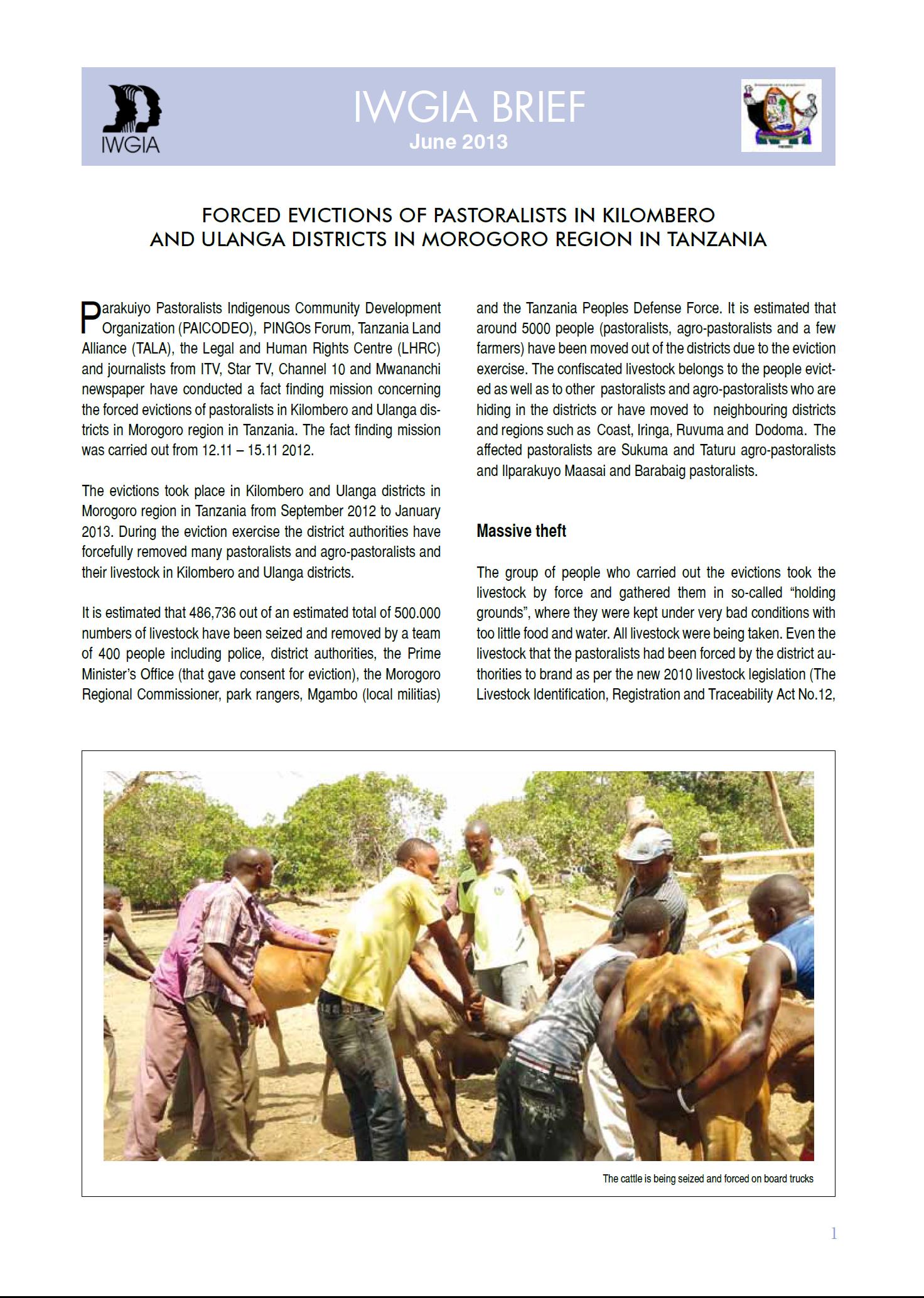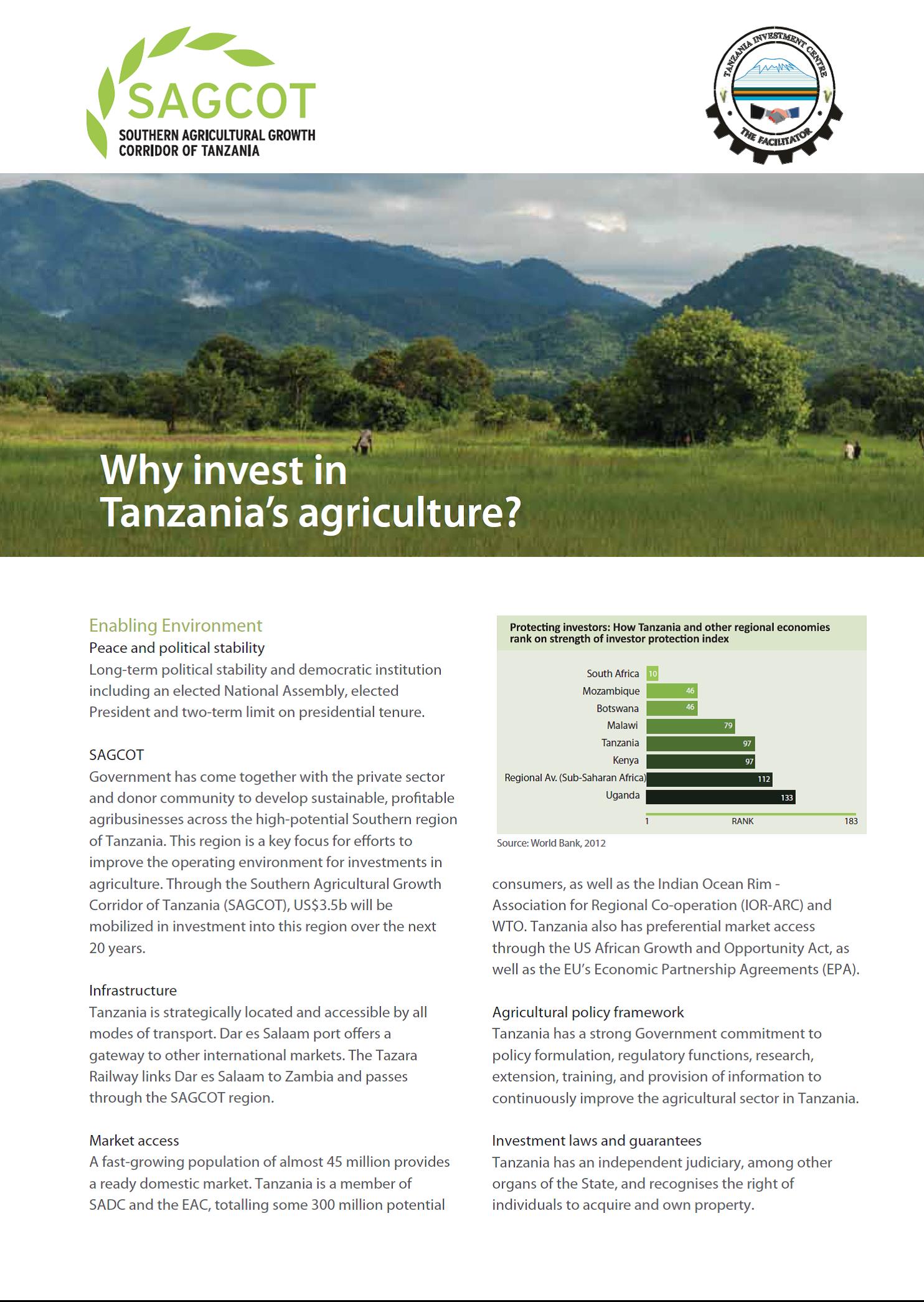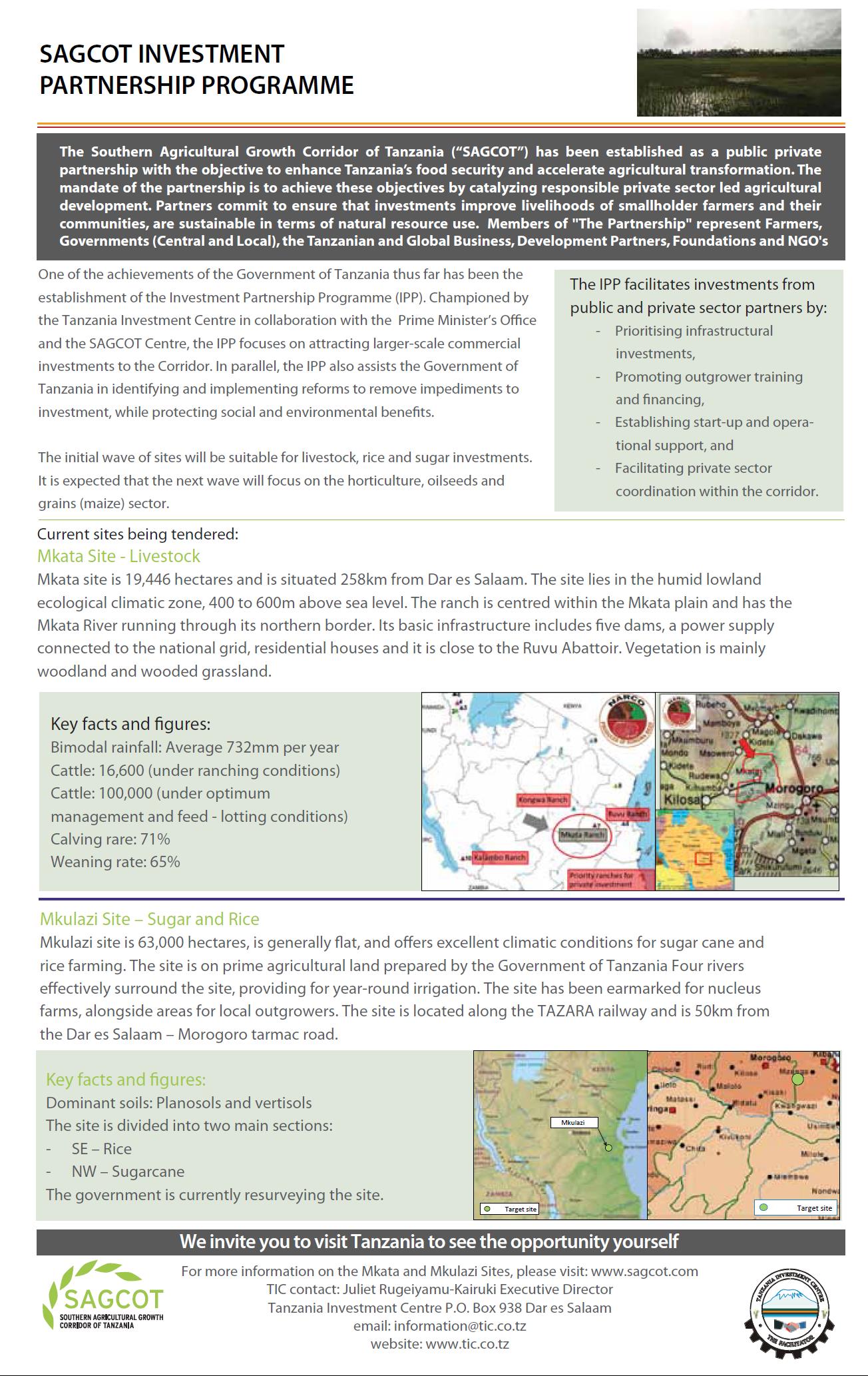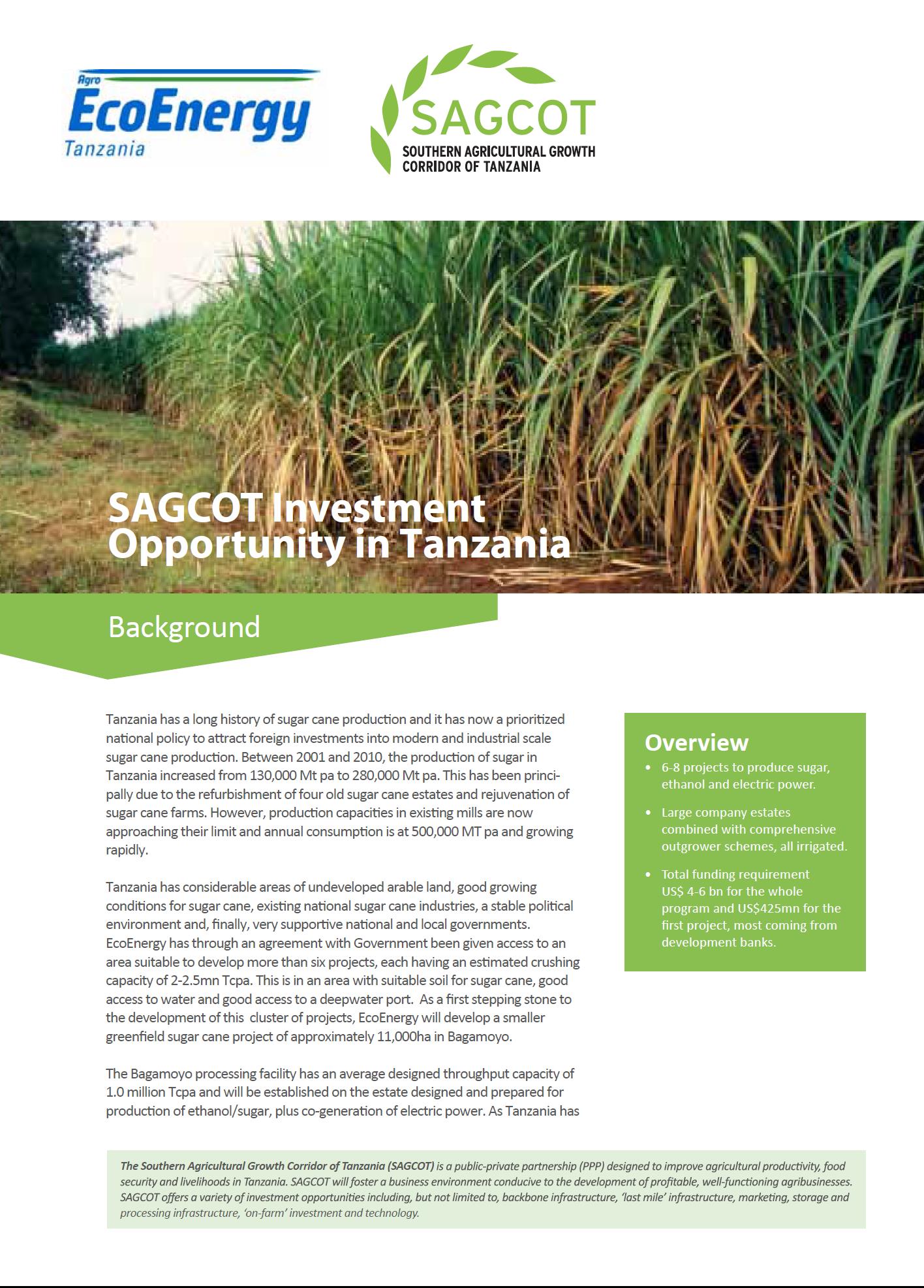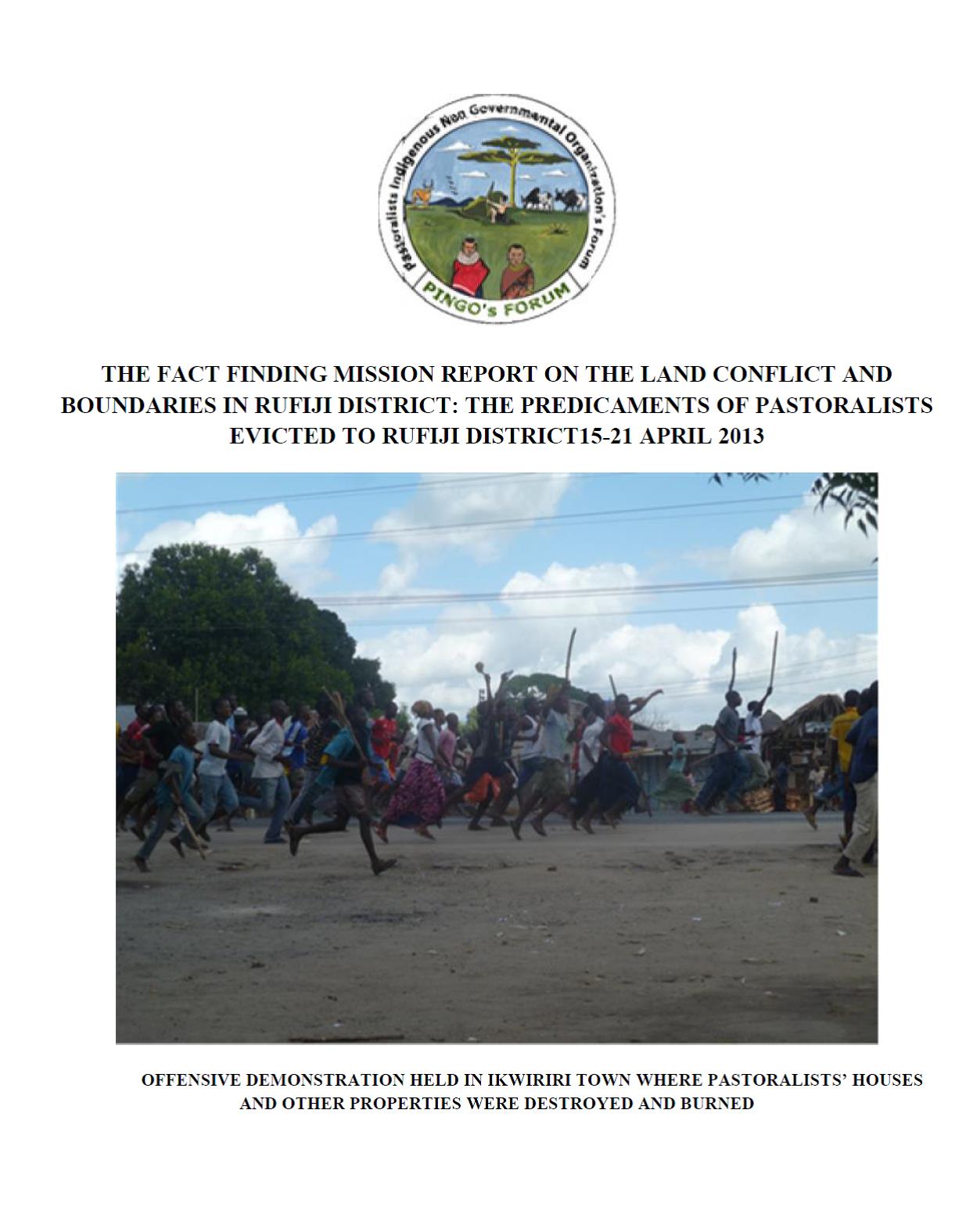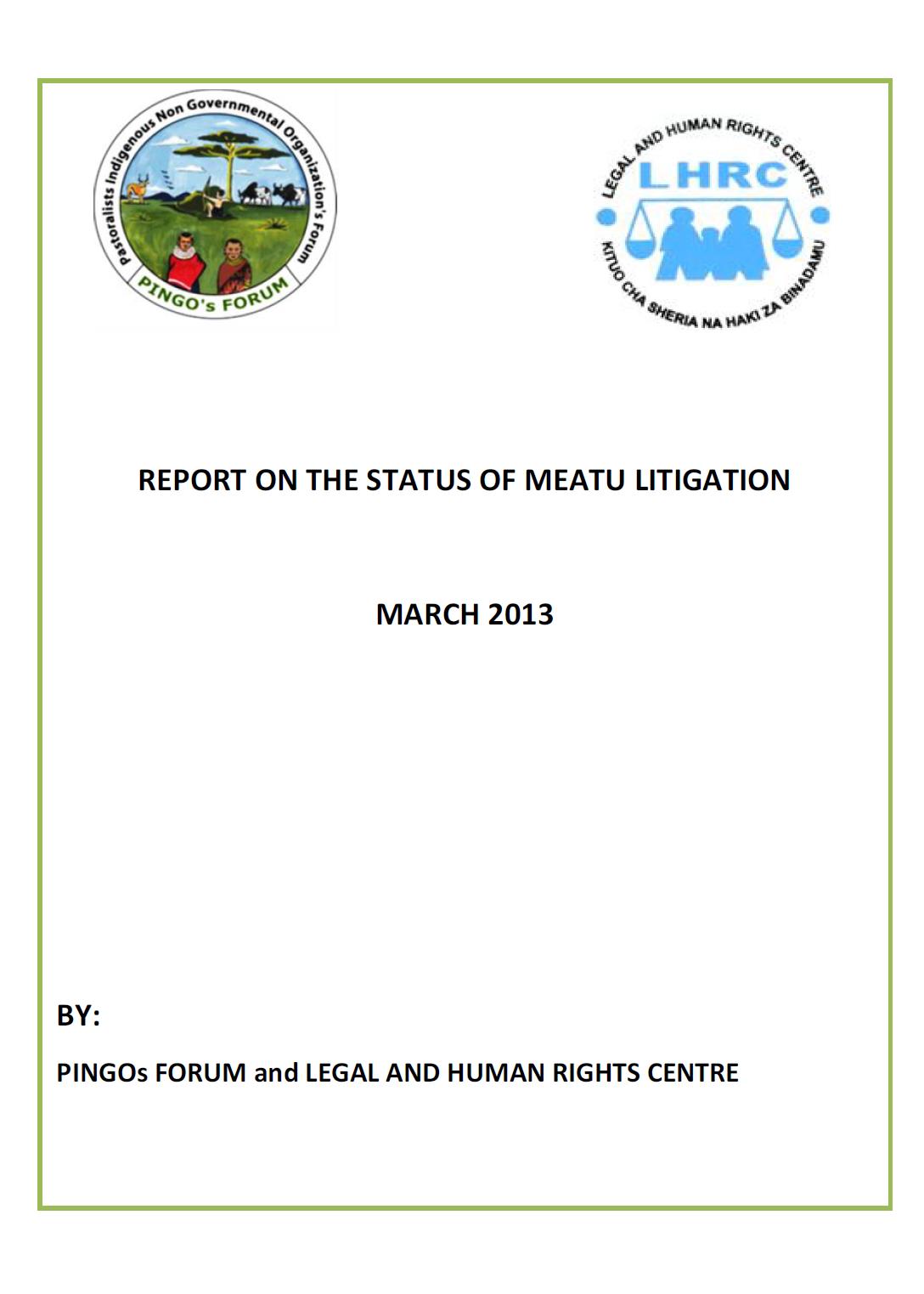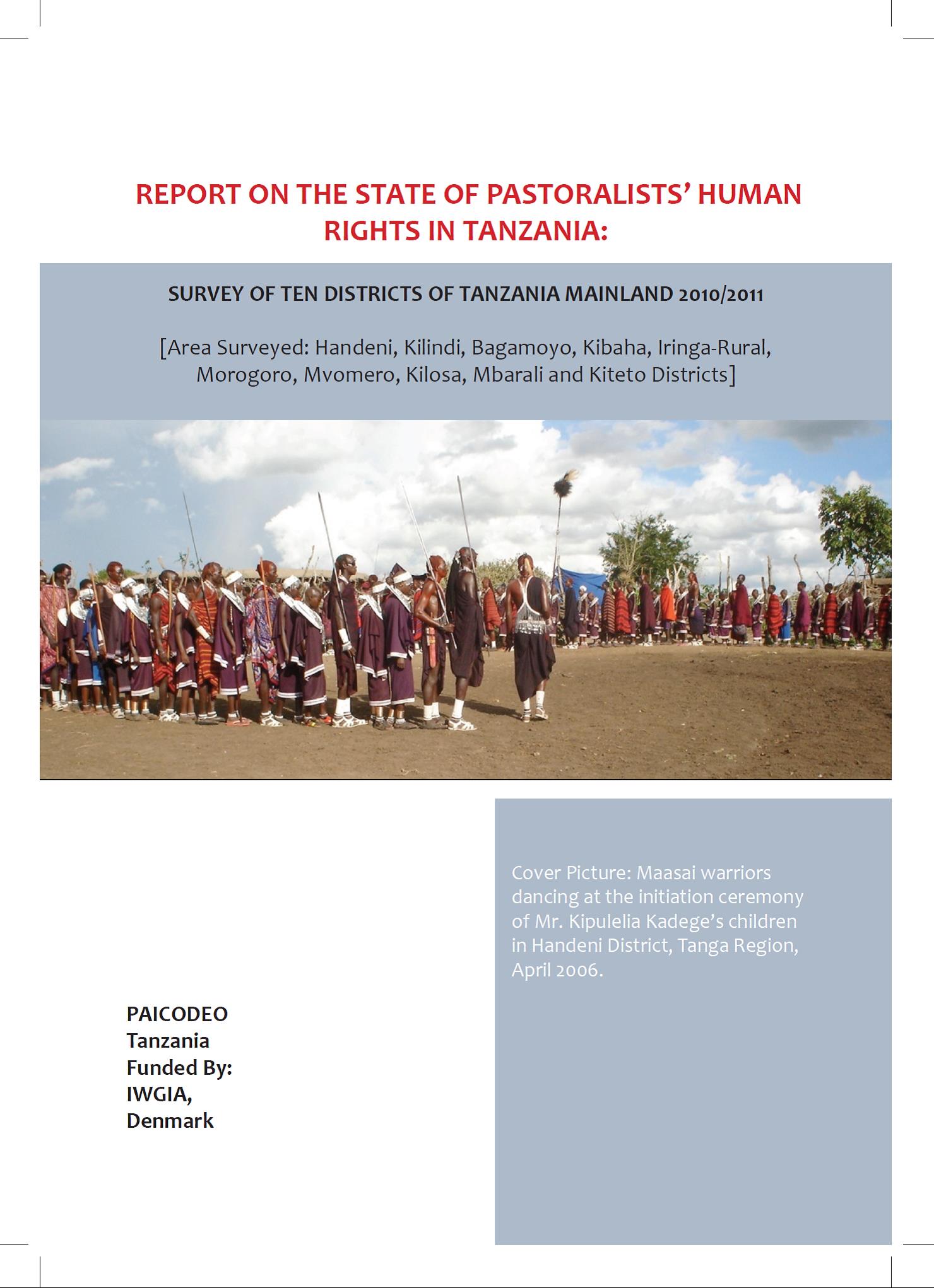Review of Food and Agricultural Policies in the United Republic of Tanzania
This report presents findings from the first agricultural policy review conducted by the Monitoring African Food and Agricultural Policies (MAFAP) project in the United Republic of Tanzania. The report reviews key economic issues and the main policy decisions affecting the agricultural sector. In particular, it focuses on price incentives and disincentives faced by farmers and consumers of nine agricultural commodities which make up a significant part of agricultural production, imports, exports and diet.

